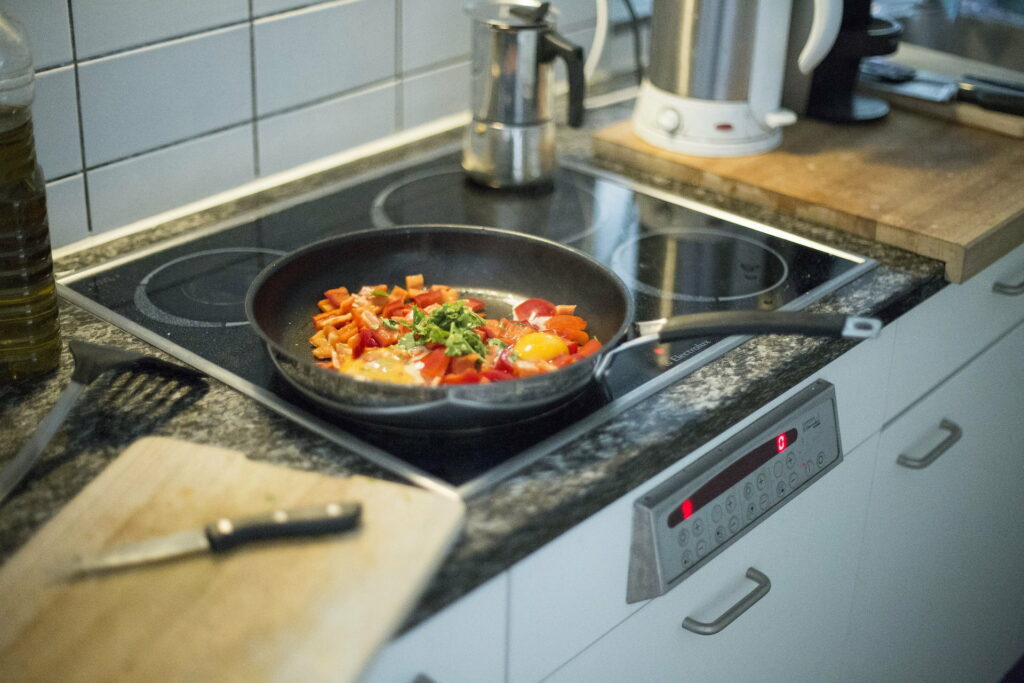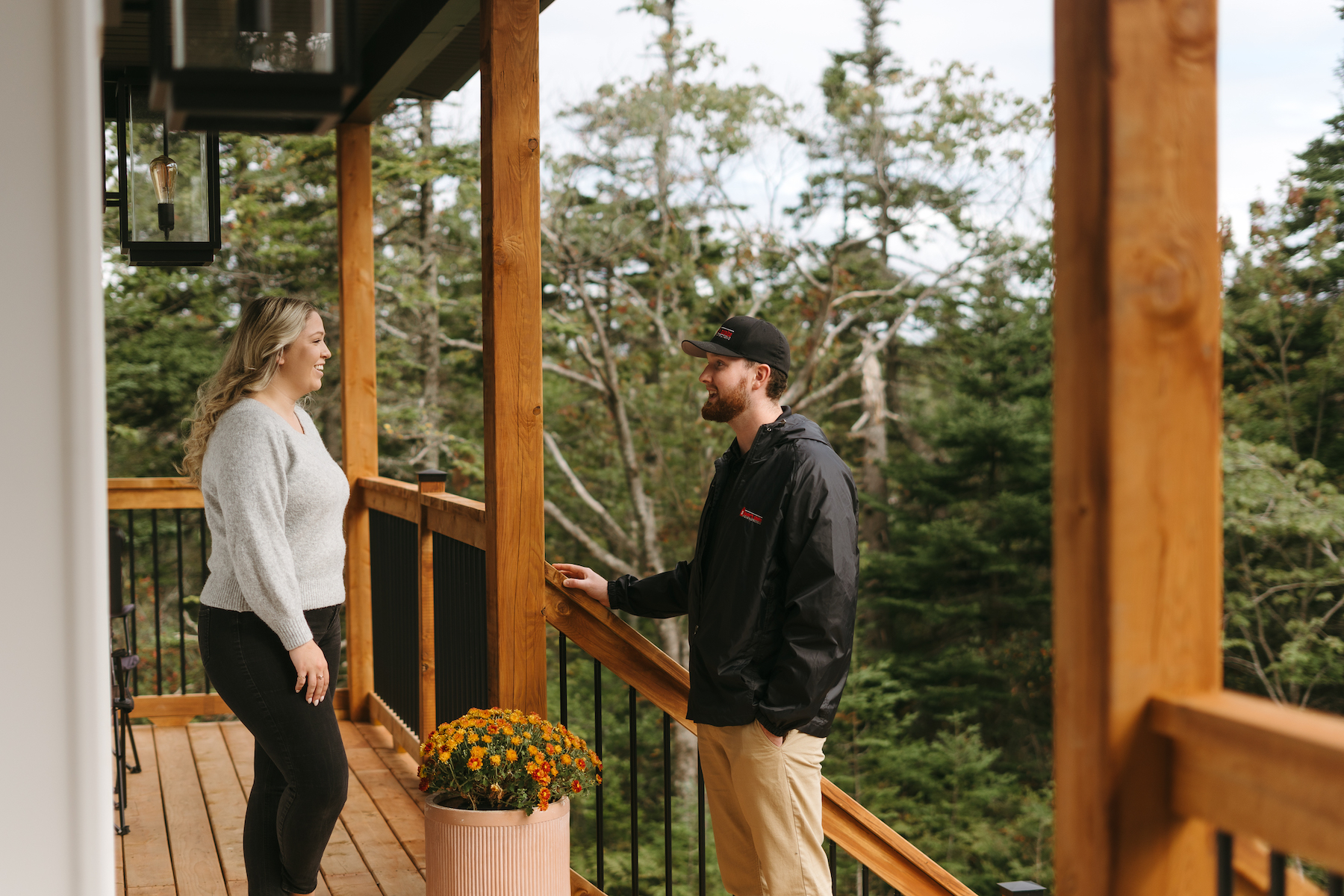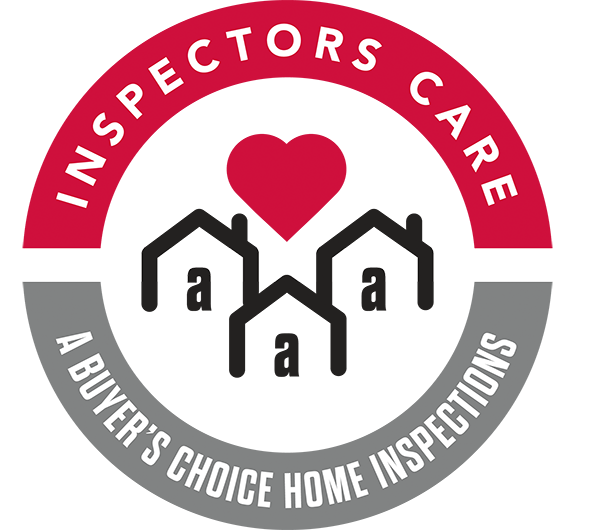Fire damage and loss of life can be devastating to your family and livelihood. The theme for Fire Prevention Week 2020 on October 4th-10th is focused on the kitchen – one area of your home that’s most at risk for a fire to break out.
By following these fire prevention and safety tips, you could help protect your loved ones and property from disaster.
Two extremely important tools when it comes to fire prevention planning are smoke detectors and fire extinguishers. Having these items readily available can help alert you to a fire and aid you in putting it out quickly and safely:
Install smoke detectors on each level of your home
Smoke detectors should be placed on all levels, including inside bedrooms and outside every sleeping area. A hard-wired system is recommended so that if a fire occurs in a remote area, the signal can be heard throughout the house. For an even higher level of protection, consider a professionally installed, monitored alarm system. If you opt for battery-operated smoke alarms/detectors, be sure to check the batteries regularly and replace them semi-annually
Have type ABC fire extinguishers accessible

Kitchen fire safety guidelines should be regularly discussed with children and all members of the household
Here are some tips to keep in mind while cooking:
- Never leave cooking unattended. Oil or fat can ignite
- Always turn oven and burners off when you’re finished cooking
- Always unplug electrical appliances when not in use
- Keep children a safe distance from cooking areas
- Avoid cooking when under the influence of alcohol or medication
- Wear short or close-fitting sleeves to avoid clothing coming into contact with burners and catching fire
- Avoid storing items on or above your stove
- Prevent burns and stovetop fires by turning pot handles toward the back of the stove while cooking
- Whenever possible use rear burners. Pot handles that stick out can easily be grabbed or bumped by a small child
- Keep appliance surfaces free of spills and grease that may catch fire
- Keep combustible items clear of the stove as well as curtains, dishtowels, plastic containers and potholders away from hot surfaces
- Avoid overloading electrical outlets with too many kitchen appliances
- Carefully examine electrical cords and discard any that are frayed, cracked or damaged
By creating a fire plan and sticking to it, your family members are much more likely to know what to do in the event of an emergency.










